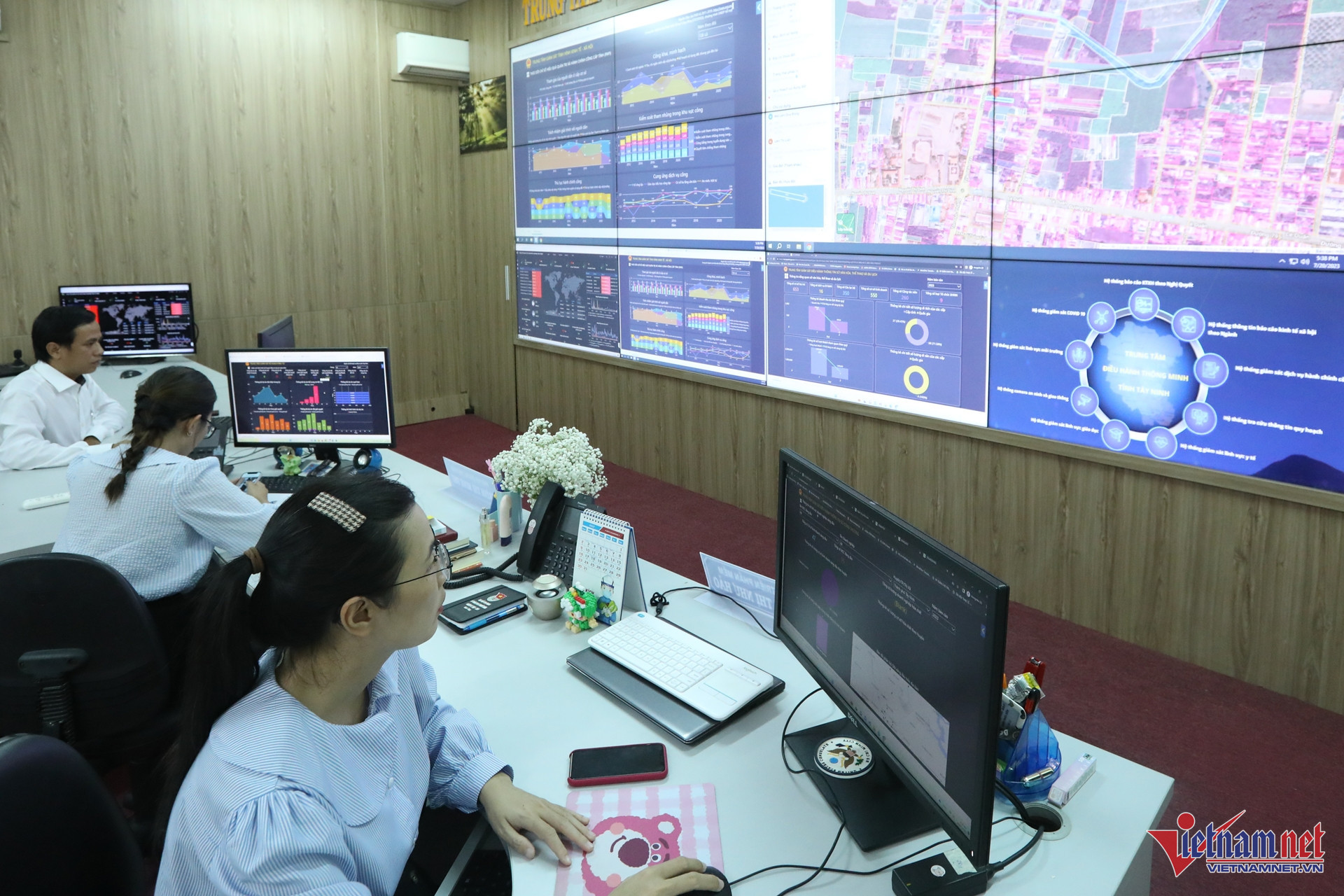The Ministry of Science and Technology has officially updated the Digital Transformation Index (DTI) framework for ministries, provinces, and national-level evaluation, streamlining it to enhance feasibility and focus.
This marks the kickoff for the 2024 assessment and ranking of digital transformation progress across ministries, sectors, and localities nationwide.

Following the principle that "what can be measured can be managed and improved," the Ministry of Information and Communications (now under the Ministry of Science and Technology) has conducted annual evaluations of DTI since the launch of the National Digital Transformation Program in 2020.
To prepare for the 2024 assessment, on April 3 the ministry approved a new framework: the "Digital Transformation Index for Ministries, Ministerial-level Agencies, Government-affiliated Organizations, Provincial-level Authorities, and National-level Evaluation" (referred to as DTI).
The objective is to establish measurable and objective indicators for assessing digital transformation performance annually - at all levels - under the broader strategies for Digital Government, Digital Economy, and Digital Society, aligned with Vietnam’s national digital goals to 2025.
Each DTI level - ministerial, provincial, and national - will be tailored to the unique characteristics and governance responsibilities of the respective entities.
The evaluation will help authorities identify strengths to leverage, weaknesses to address, and inform data-driven planning for digital transformation goals. The Ministry will also highlight best practices to be scaled nationally.
Speaking to VietNamNet, a representative of the National Digital Transformation Agency said the DTI framework had been streamlined for practicality.
Key changes to the DTI 2024:
National-level DTI reduced by 50%, from 24 indicators to 12, grouped under three pillars:
Digital Government (4 indicators) – 40% weight
Digital Economy (3 indicators) – 30% weight
Digital Society (5 indicators) – 30% weight
Ministerial-level DTI reduced by 55.7%, from 70 to 31 indicators.
40% of scores now come from automatically collected or verifiable data, up from 15% in prior frameworks.
Provincial-level DTI reduced by 52%, from 98 to 47 indicators.
38% of scores are now system-generated or verifiable, compared to just 10% previously.
DTI results will be published annually on the Ministry’s official website (mst.gov.vn) and the national DTI portal (dti.gov.vn), ensuring transparency and public access.
The National Digital Transformation Program envisions Vietnam becoming a digital nation by 2030 - stable, prosperous, and a pioneer in new technologies and models. The aim is to transform government operations, business processes, and citizens' daily lives through a safe, inclusive digital environment.
After nearly five years of implementation, Vietnam has made significant strides across digital government, economy, and society. Notably, in the 2024 UN E-Government Development Index, Vietnam rose 15 places to rank 71st out of 193 countries and territories, marking its first entry into the “Very High” EGDI group.
Resolution 57 from the Politburo sets a bold target: by 2030, Vietnam will be in the top 3 ASEAN countries and among the top 50 globally for digital competitiveness and e-government development.
Van Anh